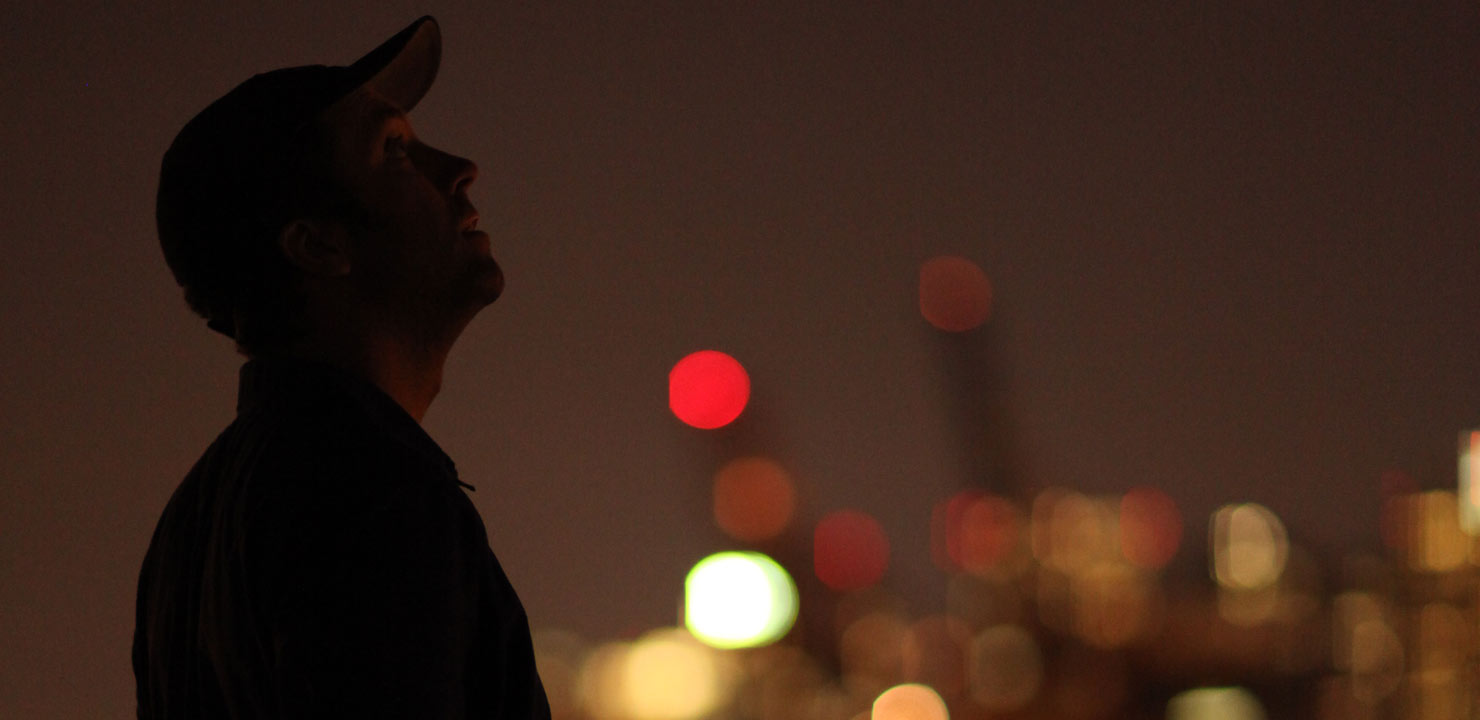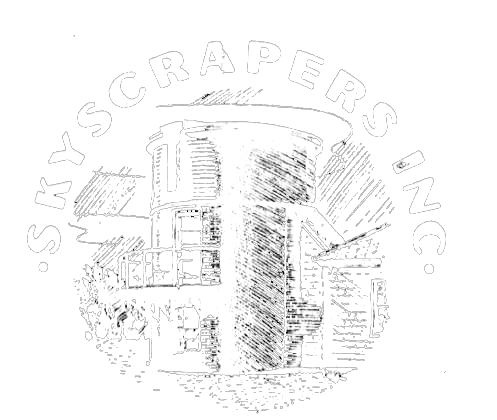
"The City Dark" on PBS
July 2012
Watch The City Dark on PBS. See more from POV.
THE CITY DARK is a feature documentary about the loss of night. After moving to NYC from rural Maine, filmmaker Ian Cheney asks a simple question - do we need the stars? - taking him from Brooklyn to Mauna Kea, Paris, and beyond. Exploring the threat of killer asteroids in Hawaii, tracking hatching turtles along the Florida coast, and rescuing injured birds on Chicago streets, Cheney unravels the myriad implications of a globe glittering with lights - including increased breast cancer rates from exposure to light at night, and a generation of kids without a glimpse of the universe above. Featuring stunning astrophotography and a cast of eclectic scientists, THE CITY DARK is the definitive story of light pollution and the disappearing stars. Written by Wicked Delicate Films
In many ways the most complex issue that we face as a civilization are the trade offs between the costs and benefits of modernity. One of the most trans-formative changes of the last century has been the massive expansion of artificial light which has transformed our concepts of natural daylight and darkness and in so doing transformed our way of life. Thomas Edison's electric light bulb is in many ways the core invention of our modern way of life. Artificial lighting represents one of humankind's greatest triumphs over the natural world. But at the same kind, artificial lighting has remarkable, and usually unremarked, upon costs.
The City Dark takes on the challenge of trying to understand what we are losing through the loss of darkness. The City Dark has been filmed in a beautiful and elegant style – a sort of visual poetry that draws the viewer in. The beauty of the filming and insights of the interviews literally paint us picture of the costs of electric lighting. The film is an enchanting philosophical study of how artificial light is changing our lives in profound ways. It explores how we are becoming disconnected from our natural surroundings – particularly the stars of the night sky that are being lost to light pollution in our urban areas. Its biggest flaw is that it spends too much time on how we've lost contact with the beauty of the night sky before getting to the more intriguing ways in which artificial lighting is affecting the well-being of our society. The later parts of the film examine how our changes to the lighting environment are harming the wildlife - such as turtles and birds. It also explores how lighting may be having deleterious effects on human health in profound and unexpected ways.
This film literally asks us to consider the costs of our modernity, science and indeed literally of our enlightenment. Those are questions that we need to be asking in our modern, scientific world as we come to realize the costs of our modern way of life.



